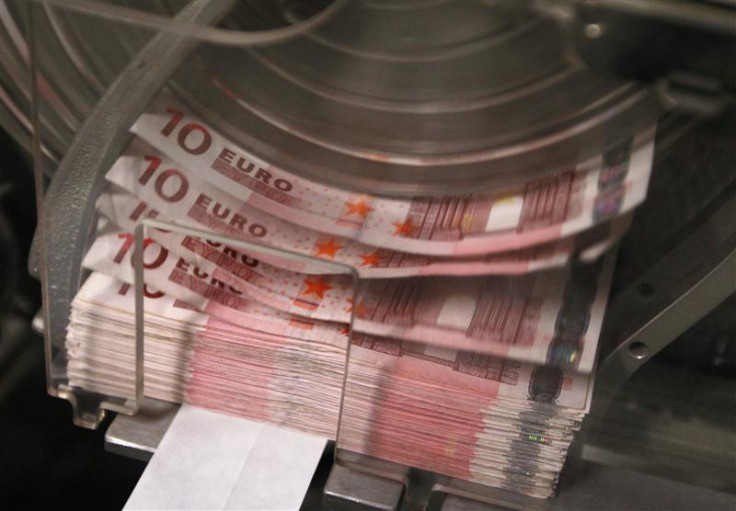Finland mulling to test effects of paying basic income
The government will pay €560 to 2,000 randomly chosen working-age residents in an experiment that will begin in 2017.

Finland on Thursday said that it was planning to test the basic income scheme in order to protect state finances and move more people into the labour market by paying a basic income of €560 (£450).
The Social Insurance Institution of Finland – Kela – will carry out the experiment that would start in 2017 and include 2,000 working-age residents who are randomly selected.
Prime Minister Juha Sipila, who took office 15 months ago, had promised in his manifesto to pay the amount as an unconditional basic income. According to reports, he wants to test if this step will increase employment and simplify welfare benefits system.
Health and social affairs ministry said in a statement, "The primary goal of the basic income experiment is related to promoting employment," and also added that its target was to simplify the complex benefits system in a sustainable way. The ministry also said that to assess the effect of basic income, participants would be held up against a control group. The group would not include retired people receiving pension benefits or students.
In June, Switzerland rejected the idea of paying a universal basic income of 2,500 francs (£1,755) to adults and 625 francs to a child, in a referendum.
However, the Finnish authorities made it clear by saying "An experiment means that, at this point, basic income will not be paid to the whole population."
The idea has gained traction in recent years in the political left and right with the left wing supporters saying that it provides a safety net but some liberal voices have also voiced concerns that money for nothing can prevent some jobless people from seeking work.
© Copyright IBTimes 2025. All rights reserved.





















